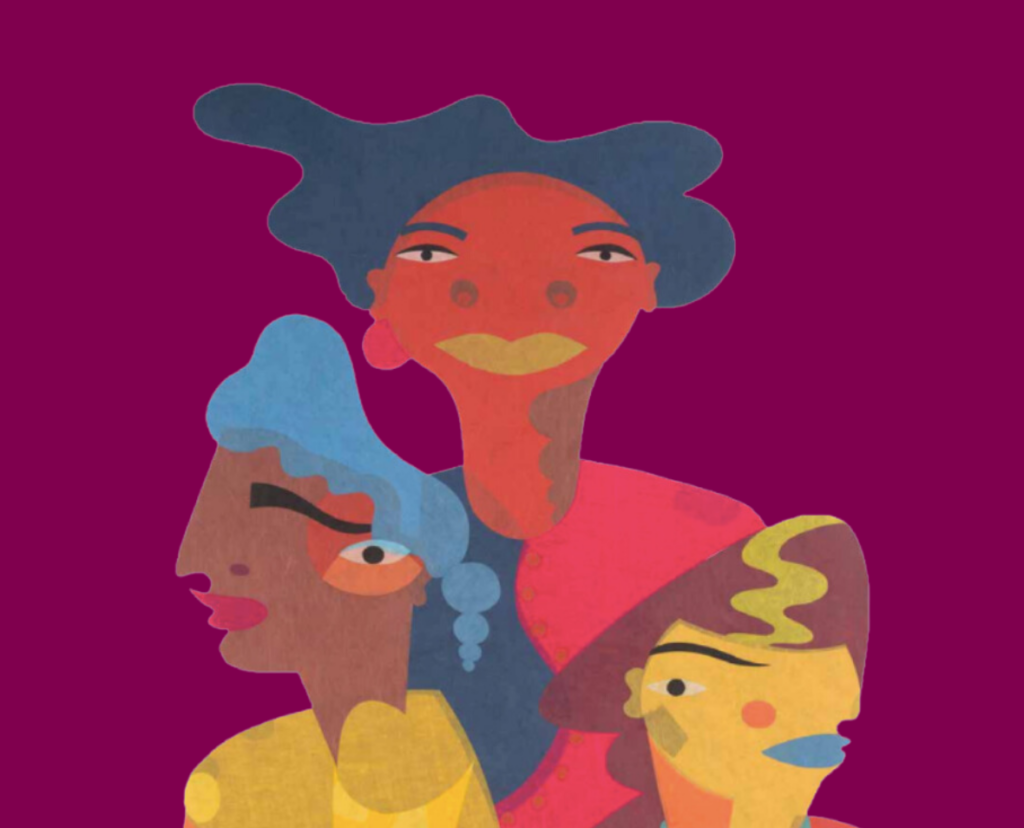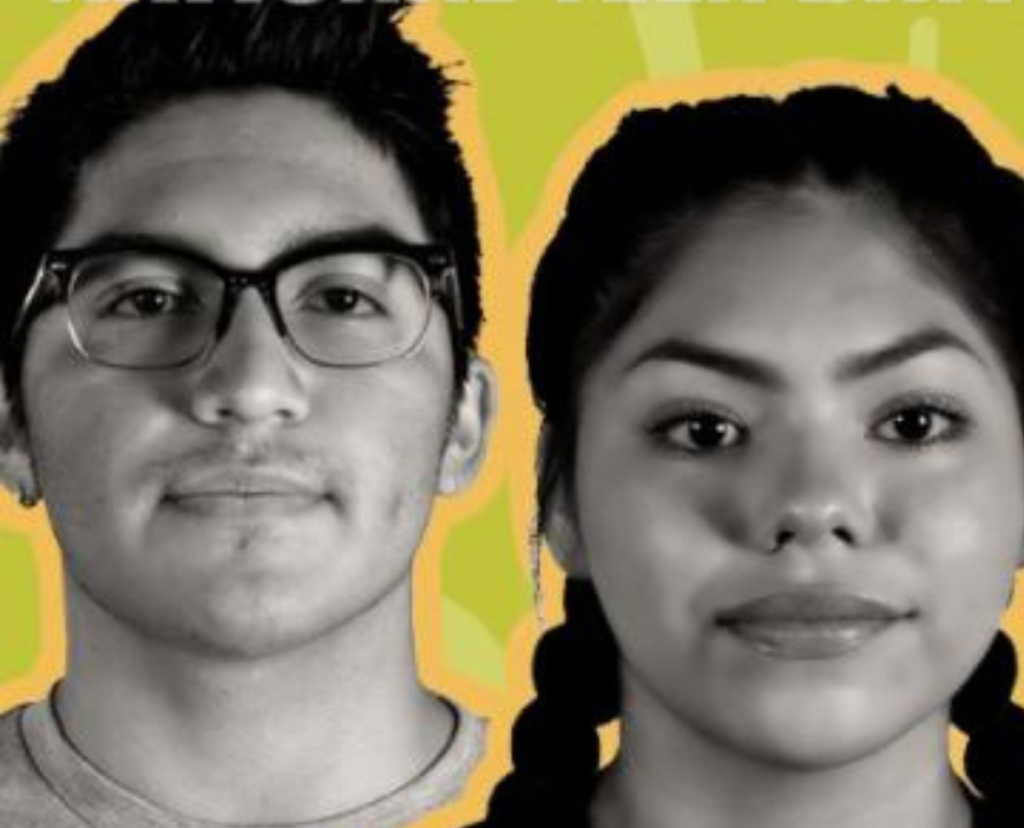Stalking & Adolescents
Stalking is a criminal, traumatic, and dangerous victimization that impacts people of all ages, and research suggests that adolescents experience even higher rates of stalking victimization than adults do. This webinar focuses on how stalking impacts teens, exploring the dynamics and contextual nature of stalking, considering the diversity of stalking behaviors, highlighting the intersections of stalking with bullying, teen dating violence, and sexual violence, and offering strategies to better recognize and respond to victims and survivors.






